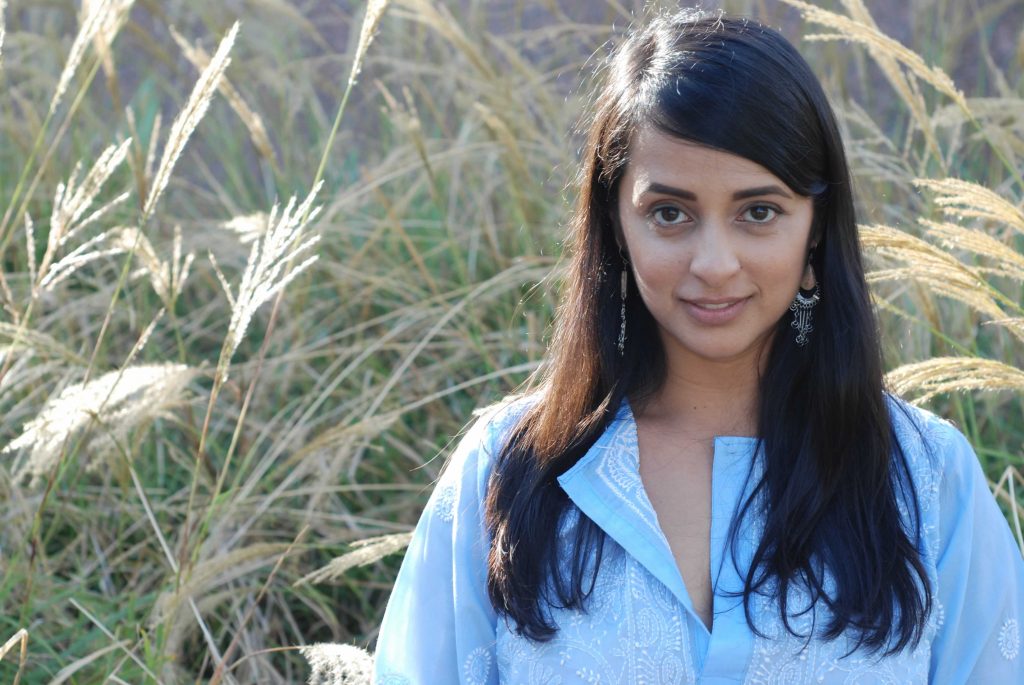Prometheus Trio Opens Season Monday
Concert will feature early work of Joseph Haydn, a piano trio by Robert Schumann and a modern piece by Reena Esmail.
The Prometheus Trio (pianist Stefanie Jacob, violinist Margot Schwartz, and cellist Scott Tisdel) open their season with a concert at the Wisconsin Conservatory of Music at 7:00 p.m., Monday, Oct. 24. The session features an early work by Joseph Haydn, Robert Schumann‘s second of three substantive piano trios, and a new 21st-century work by Reena Esmail.
The Prometheus Trio follows a routine formula in their concert series:
This Haydn trio starts with a flourish led by the piano, includes a lovely melody subject to three variations as a central movement and ends with a minuet. The minuet would leave dancers in the dust, adding enough energy for a strong conclusion.
A second program choice is selected from the Romantic Era, a time when piano trios attracted much interest along with the increasing popularity of the piano itself. Schumann’s Trio in F Major, Op 80 offers much more nuance. Themes are developed without repetition, counterpoint and canon structures are common and the music dynamics change frequently (Works for harpsichord could not have tapped dynamics as a feature as the harpsichord can not make loud or soft distinctions).
But as critic Howard Posner observes, the Schumann trio is “carefully laid out, and full of unifying devices. Movements have themes, thematic contours, moods, or stylistic touches which remind the listener of the other movements.” Jacob’s program notes walk the listener through the dense detail of a Schumann work. “There is a lot in it,” Jacob acknowledges. “I don’t think the listener has to feel pressured to catch all of it on a first listen. When I really like a piece, I return to recordings of it often.”
The third program choice for a Prometheus concert introduces a modern piece (or two smaller ones.) For this evening, a new work by Esmail, Piano Trio (2019) serves as the capstone event – a role often reserved for the 19th Century Schumann, Brahms or Beethoven.
Writing for the premiere, Aaron Grad noted that “Esmail’s compositions straddle two of the world’s most sophisticated musical traditions. On one side is the art music of Europe and its system of tonal harmony that developed over the last 400-plus years, and on the other, Hindustani classical music from North India, organized around collections of tones known as ragas that go back many centuries further.” Esmail has managed to write a work within the framework of Western European music, adding India’s sounds and rhythms as the source for color and texture.
The result is every bit as approachable as the once “revolutionary” compositions of Maurice Ravel and Claude Debussy, who introduced exoticism into their impressionistic works. The Prometheus assumes roles quite different from the Haydn trio on the program. The piano offers supportive chords while both strings are constantly busy adding a shimmering layer of sound that maintains the pace of an Indian raga.
Each Prometheus concert offers a lesson in the range and beauty of the piano trio form. This concert deserves special attention on the strength of the major works by both Schumann and Esmail.
The performance Monday, Oct. 24, represents a few changes. Prometheus will present one concert without a repeat on Tuesday. The concert begins earlier than usual, at 7:00 p.m. at the Wisconsin Conservatory of Music at 1584 N. Prospect Ave.
For ticket information, see the WCM website or call 414-276-5760. Additional evening parking is available at Milwaukee Eye Care, 1684 N. Prospect Ave.
Their next concert, on Dec. 5, will return to a 7:00 p.m. start. Program details have not yet been announced.
If you think stories like this are important, become a member of Urban Milwaukee and help support real, independent journalism. Plus you get some cool added benefits.
Preview
-
A Sacred Choir, 70 Voices Strong
 Dec 14th, 2025 by Martha Brown
Dec 14th, 2025 by Martha Brown
-
Prometheus Trio Goes Bohemian
 Dec 3rd, 2025 by Martha Brown
Dec 3rd, 2025 by Martha Brown
-
Present Music Offers New Choral Works
 Nov 20th, 2025 by Michael Barndt
Nov 20th, 2025 by Michael Barndt





















